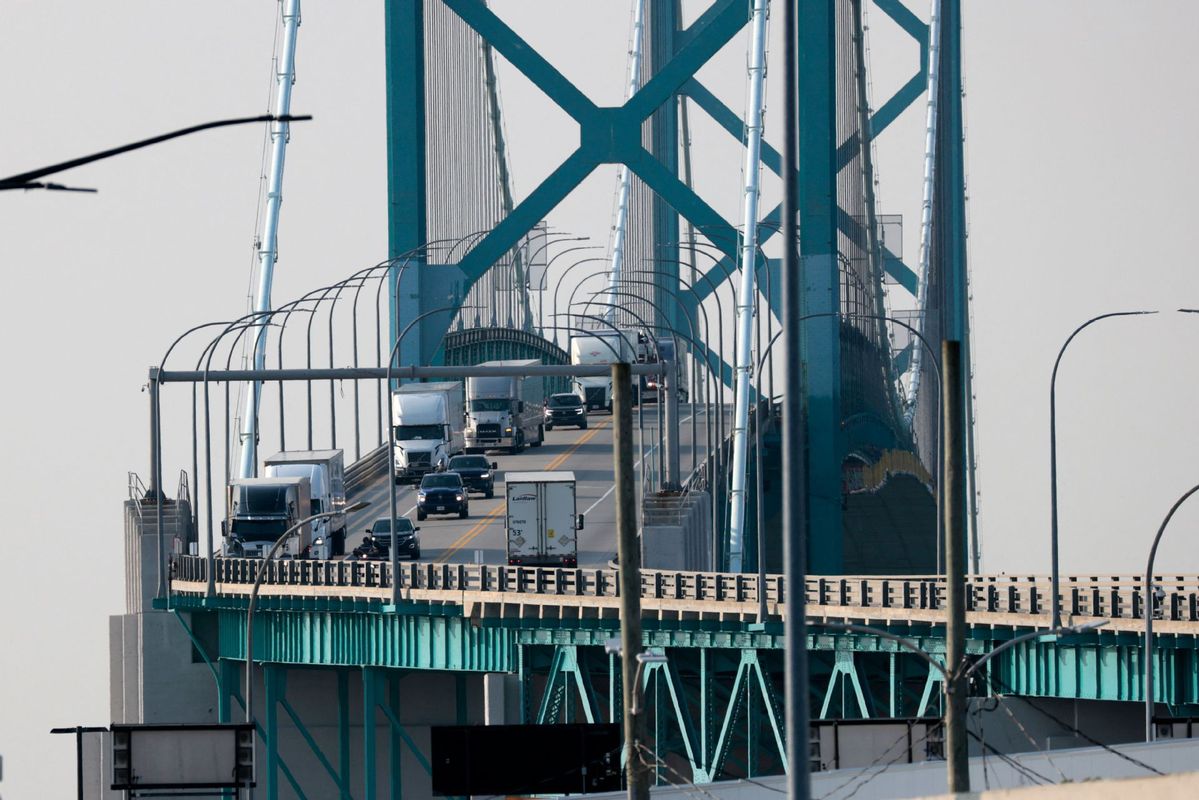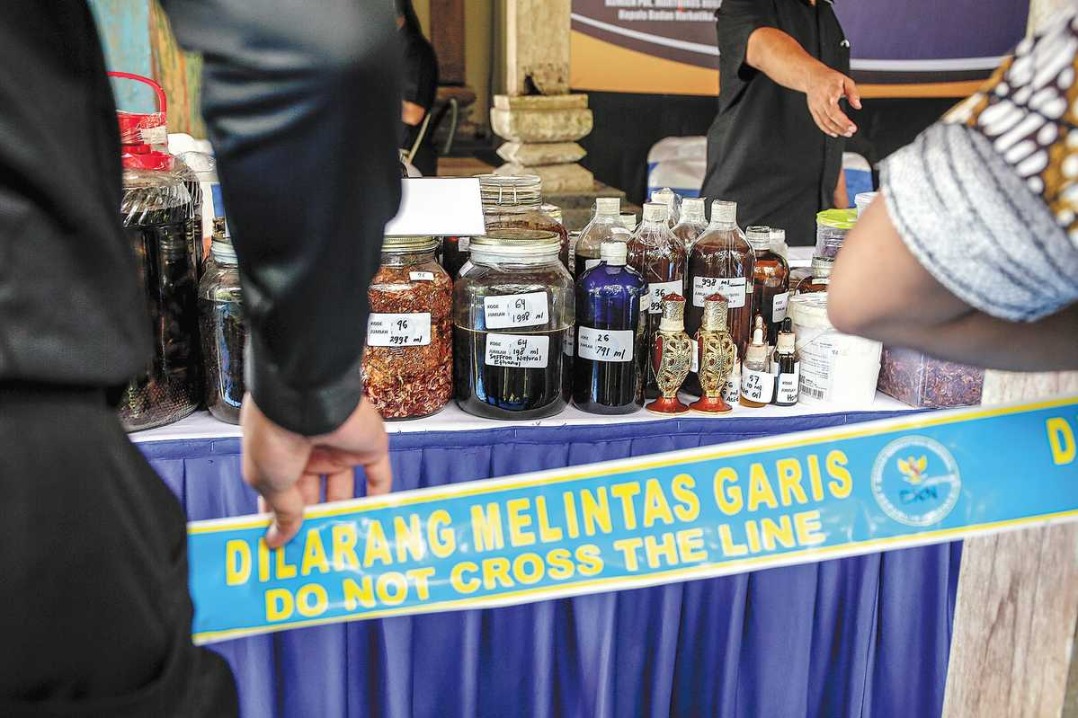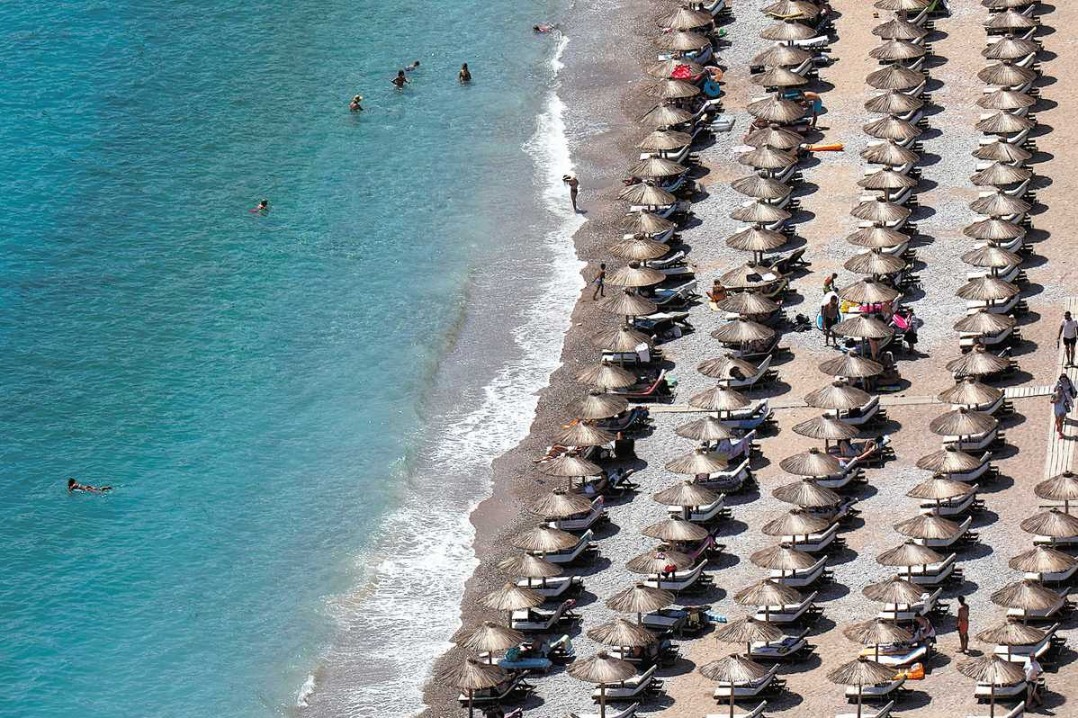US border rules to hurt Canada at World Cup


Tough US immigration policies are casting doubts on the inclusive vision of the 2026 FIFA World Cup, as experts say harsh border policies could suppress foreign attendance and damage North America's image.
Victor Matheson, a professor at the College of the Holy Cross in Massachusetts who specializes in the economics of mega sports events, said the travel restrictions will significantly affect fans, especially those from countries targeted by the United States' immigration policies.
"The fears of players are probably not justified, but the fears of fans are fully justified," Matheson said.
As of June, the US government had fully banned travel by citizens of 12 countries and imposed partial restrictions on travelers from seven others.
A State Department memo indicates officials are reviewing travel policy toward an additional 36 countries, which could face new entry bans if they fail to meet US security and information-sharing standards within the next 60 days.
Despite the tightened policies, Matheson does not expect the restrictions to reduce overall attendance at matches across North America.
"I expect essentially every game to be a sellout in all three countries," he said. "However, the stadiums will be full of Americans and not foreign tourists." He said the number of fans from Europe, Asia, Africa and Latin America is "likely to be much lower than it would have been under a different regime".
This shift in audience composition could have economic consequences, he said. "It is the foreign visitors that have the largest positive economic impact on the host country for a mega event like this."
As a tournament spanning three nations, the 2026 World Cup will require close cross-border coordination — a process that could be complicated by US border policies, he added. "This is likely to complicate movement of fans and merchandise across national borders."
The broader reputational damage, however, may be harder to contain, Matheson said.
"There is no doubt that (US President Donald) Trump's actions have significantly worsened the overall image of the United States in every way, including the country's reputation as a welcoming place for foreign visitors.
"Trump has made it quite clear that foreign visitors, foreign students, foreign companies and immigrants should stay away."
The negative perception is unlikely to spill over to Canada or Mexico, he said. "Most people paying attention know this is entirely on Trump and not on our neighbors."
Asked whether national security can be reasonably balanced with global openness during such events, Matheson was blunt.
"There are legitimate security concerns during any mega event," he said, referencing terrorist incidents in past Olympic Games. "But none of this is about security. There is no real security threat to the US from Haiti or Equatorial Guinea."
Instead, he said he believes the current policy is driven by domestic political motives.
"The ban on fans from these areas is purely xenophobia on the part of Trump," he said, adding the administration is concerned that soccer fans from certain countries will overstay their visas.
"A large percentage of illegal migration in any country is not people sneaking across a border in the middle of the night but instead coming through a legal entry and then overstaying their visit," he said. "One way to limit these overstays is to simply prevent people, like soccer fans, from entering in the first place."
Voicing concerns
Tough US immigration and border policies are also raising concerns among Canadian experts.
"From Canada's perspective, recent US immigration and border policies pose significant concerns for co-hosting the World Cup," said Amy Peng, an associate professor of economics at Toronto Metropolitan University.
"These concerns extend beyond just the logistics of the event and touch upon broader issues of international perception, fan experience and even human rights," Peng said.
"Strict travel bans or heightened scrutiny at the US border could deter fans from numerous countries from attending, even if their teams are playing in Canada."
Heightened US border enforcement could make cross-border movements difficult and unpredictable, potentially ruining the "vacation of a lifetime" for some, she said. "Concerns about US policies might lead more fans to attend games held in Canada, potentially creating an imbalance in attendance figures between the host countries."
Beyond immigration, US trade policies, including tariffs on Canadian goods, could also affect the flow of merchandise and supplies, such as team jerseys, she added.































